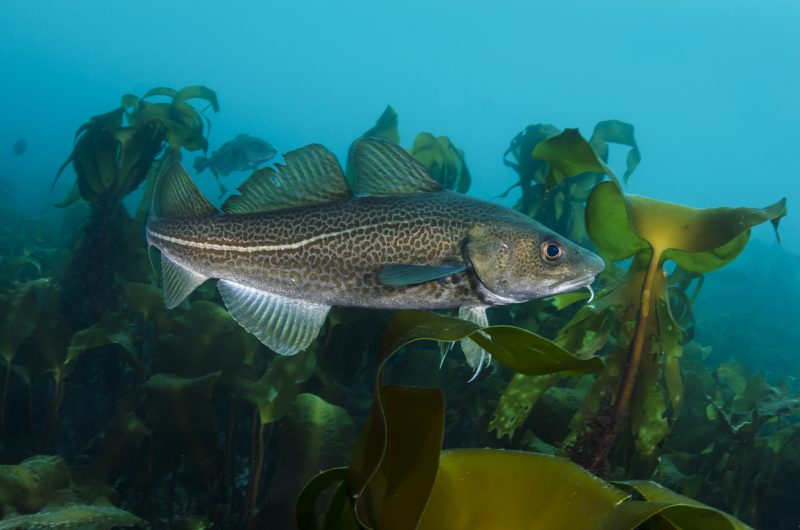Positive Ocean News
The man who saved a dying river.
Undersea robots have discovered hidden phytoplankton under the ocean’s surface, and Eddies have been found to supply upwelled nutrients around the Hawaiian Islands, boosting productivity by stimulating blooms of phytoplankton and microscopic plant life.
Read some more positive environmental news here.
Science
Did you know that whale poop ‘can be neon green, bright red – or even sparkle’?
Weddell seals avoid extreme deep dives at midday.
Animals become less sociable as they age.
The largest ever predation event in the ocean has been observed.
Fisheries
Russia and China have been described to ‘block every proposal’ at the annual meeting of CCAMLR, leading to more krill fishing and the designation of no new marine protected areas for Antarctic seas. Recent whale deaths have highlighted the consequences of Antarctica’s increasing krill fishery. Russia has now withdrawn from ICES, the essential marine science body which provides annual recommendations on fishing catch limits in the North Atlantic fisheries.
Labor abuses on foreign-flagged fishing vessels in Indonesia’s remote eastern seas continue to claim lives, and a new study has revealed the owners of the world’s high-seas ships and how they are often tied to illegal fishing. In addition, the UK is set to expand its Pacific fishing patrols to combat Chinese illegal, unreported and unregulated (IUU) fishing vessels, and Chile is in the process of drafting a new fisheries law
Scientists have argued that more precautionary measures should be introduced to protect wrasse fisheries which are vulnerable to overexploitation in Scotland, and ICES has advised a 20% increase in herring catches in West of Scotland.
British Overseas Territories
Marine spatial planning is evolving in Anguilla.
Discover how working with local communities is enhancing biodiversity understanding in Cyprus, and breaking down communication barriers with fishers in the Turks and Caicos. Additionally, further training has been provided to team members to increase data collection of marine wildlife around the Turks and Caicos Islands.
Argentina has sparked interest in the Falkland Islands following the UK and Mauritius’ agreement to transfer the Chagos Islands. In other matters, the UK’s designated marine protected area around the islands has been in question since the sovereignty deal was agreed. However, the UK and Mauritius have pledged to act “with the shared objective of securing and protecting one of the world’s most important marine environments. This will include the establishment of a Mauritian Marine Protected Area.”
Scientists are worried as ocean warming is driving Gray reef sharks away from their usual reefs in the Chagos Archipelago and moving to deeper and cooler waters, following coral reef stress events.
Marine Protection
Protecting coral reefs increases the number of fish they occupy by around 10%.
Intensive fishing on the seabed has been found to increase the release of carbon. Oceana and ClientEarth are taking the Spanish Government to court over bottom trawling in marine protected areas (MPAs). ClientEarth has also challenged the claims from the fishing industry that the EU’s fishing capacity limits will prevent the industry’s transition to low-carbon technologies.
Tourists visiting Réunion Island have been blamed for the unusual aggression displayed in a well-known humpback whale.
Conservation
The giant clam conservation status has been updated by IUCN to critically endangered, with populations having decreased by over 80% in the last century.
Climate change and commercial whaling has been blamed for hindering evolutionary change in Arctic whales.
Data collection is ongoing to protect China’s only population of Bryde’s whales, and a New Zealand fishery has claimed to have had a year of zero bycatch of any protected species.
Climate Crisis
Scientists say there has been an unpredicted additional rise of 1.1ºC in the average temperature. Climate change has been blamed for deadly weather as 95 people have died in Spain’s worst storm in nearly three decades. Could these floods be a warning for Europe’s future?
Marshes have been argued to be cost-effective ways of protecting coasts and combating climate change. Slowing ocean currents ‘could ease Arctic warming’, and river restoration in Kenya is ‘paying for itself’.
Concerns have been raised over the lack of progress to save nature at COP16’. Are biodiversity credits the answer to conserve and restore nature?
For those in London, there is a March for Clean Water this Sunday at 11am.
Plastics
Wildlife has had to adapt to living with plastic too.
There are ongoing efforts to combat plastic pollution in the Philippines, Thailand and…the Isle of Wight.
Microplastics are increasing in freshwater, and further concerns are being raised as EU governments have UN treaty talks.
Aquaculture
Norwegian farmers are considering culling their farmed salmon due to the appearance of some deadly jellyfish, and additional ideas are being explored on how to tackle sea lice on salmon farms.
Misc
The Colombian government has recognised Indigenous peoples as environmental authorities in their territories, and the barriers which prevent everyone from enjoying nature equally, have been discussed.
Open Communications for The Ocean (OCTO) are hosting a webinar on detecting oil pollution throughout the global ocean (4pm 5th November). Register here.
Open Communications for The Ocean (OCTO) are hosting a webinar on highlighting plastic waste and pollution solutions (12pm 13th November). Register here.


















